Lifeline for Families UMass Chan Medical School Faculty and Staff
Lifeline for Families includes UMass Chan Medical School faculty and staff whose contributions are helping us revolutionize family mental health.
Meet the rest of our team: Lifeline for Families leadership team
Faculty
 |
Uruj Kamal Haider, MDDr. Haider is an assistant professor of psychiatry at UMass Chan Medical School and director of the Women’s Mental Health Outpatient Clinic at UMass Memorial Medical Center. She is also a consulting perinatal psychiatrist for Massachusetts Child Psychiatry Access Program (MCPAP) for Moms, the first Perinatal Psychiatry Access Program in the U.S. Dr. Haider enjoys her role as a medical educator and has received numerous awards in medical student teaching in psychiatry. Her favorite part about being a clinician is helping moms and families navigate motherhood and childhood in the most holistic and supportive way possible. |
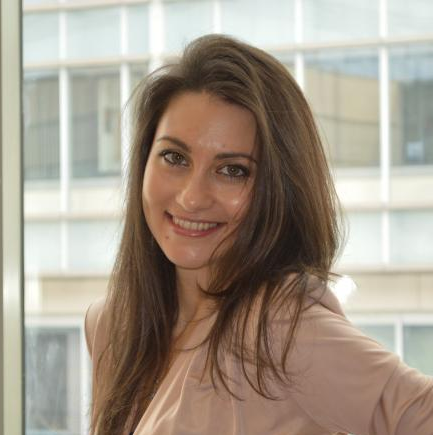 |
Zlatina Kostova, PsyDDr. Kostova is a psychologist and the director of training at Lifeline for Kids. With a multidisciplinary and multicultural education obtained in Italy, Switzerland, and the U.S., she specializes in childhood trauma and evidence-based treatments for children and adolescents. Dr. Kostova is a:
Dr. Kostova is passionate about implementing evidence-based treatments globally. She actively collaborates with several international networks and presents to international scientific conferences. She is also the official representative of the NCTSN in Italy and Switzerland. |
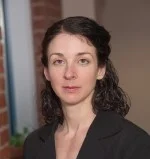 |
Wendy Marsh, MD, MScDr. Marsh is an associate professor of psychiatry at UMass Chan Medical School. She is a founding member of the Women's Mental Health Clinic and the Department of Psychiatry’s Bipolar Disorders Specialty Clinic. Dr. Marsh also teaches residents, publishes, and presents internationally on the reproductive aspects of mental health and mood. A desire to better understand and treat mood and women’s mental health drives Dr. Marsh. She completed her internship, residency, and a fellowship in women's mental health and mood disorders in the Department of Psychiatry and Behavioral Sciences at Stanford University. She earned her MD from Wayne State School of Medicine. |
|
|
Sarah J. Palmer, MDDr. Palmer is an assistant professor of child and adolescent psychiatry at UMass Chan Medical School and is a Neuropsychiatry Fellow at the Eunice Kennedy Shriver Center. Her clinical home is the Center for Autism and Neurodevelopmental Disorders. Dr. Palmer is a Massachusetts Psychiatric Society representative to the American Psychiatric Association. A focus on advocacy and development drives Dr. Palmer’s academic and clinical efforts. She was awarded the American Academy of Child and Adolescent Psychiatry Pilot Research Award for Early Career Faculty and Child and Adolescent Psychiatry Fellows to complete a qualitative analysis titled, “Early Intervention: Understanding Attachment and Attrition.” |
|
|
Elizabeth Peacock-Chambers, MDDr. Peacock-Chambers is an assistant professor of pediatrics at UMass Chan Medical School-Baystate campus. Throughout her career, her goal has been promoting the optimal development of children and families, particularly among marginalized communities. Dr. Peacock-Chambers’ research takes a multidisciplinary community-engaged approach to developing parenting programs for postpartum women in recovery from substance use disorder. She is funded by a NIDA K23 award and the Substance Abuse and Mental Health Services Administration (SAMHSA) to study the implementation and effectiveness of an evidence-based intervention, “Mothering from the Inside Out.” This intervention has been shown to improve parent-infant interaction and reduce the risk of relapse in mothers. |
|
|
R. Christopher Sheldrick, PhDDr. Chris Sheldrick is a research psychologist and professor of psychiatry at UMass Chan Medical School. His research focuses on the mental health of parents and children. Collaborating with Dr. Ellen Perrin, Dr. Sheldrick helped to create the Survey of Wellbeing of Young Children, a freely available comprehensive screening instrument for young children. Dr. Sheldrick’s current research is directed toward improving systems of care, both through pragmatic research on real-world interventions including Perinatal Psychiatry Access Programs, integrated behavioral healthcare in pediatrics, and parent-mediated interventions in early intervention settings. Dr. Sheldrick’s contributions include methodological innovations in community engagement, decision-making, and systems science to optimize and promote equity in the delivery of mental health services. |
|
|
Martha Zimmermann, PhDDr. Zimmermann is an assistant professor of psychiatry at UMass Chan Medical School. She is working to develop and evaluate approaches to increase access to perinatal mental health care. Her research focuses on developing scalable interventions to prevent perinatal mood and anxiety disorders. Dr. Zimmermann has recently been awarded funding from iSPARC to identify barriers and facilitators for implementing prevention interventions in obstetric settings. She is passionate about making a difference in the lives of perinatal individuals and their families. |
Staff
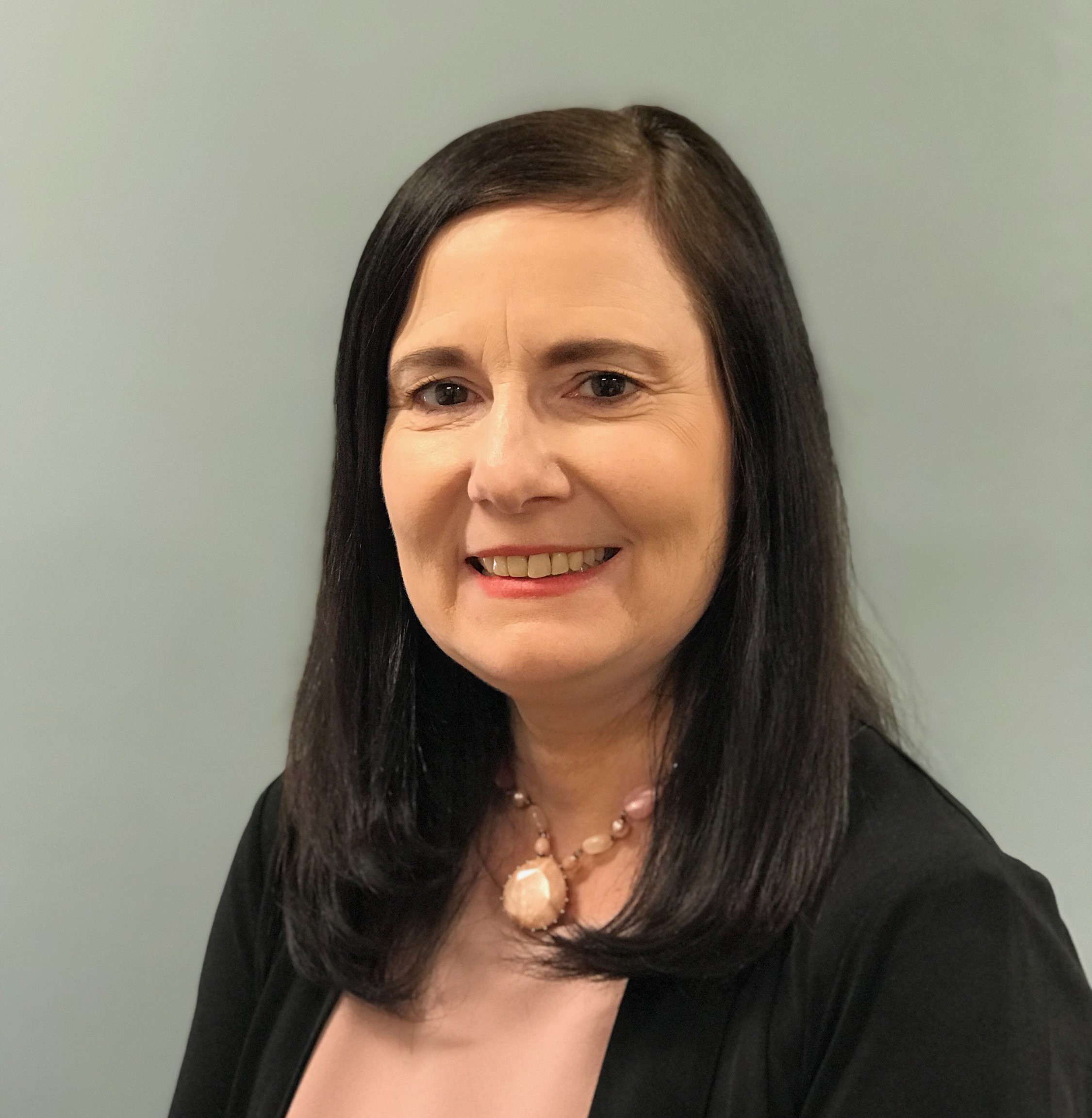 |
Mary Beauregard, BSMs. Beauregard is an executive assistant supporting Dr. Tiffany Moore Simas and Lifeline for Moms. She has assisted in a variety of administrative initiatives in educational, hospital, and home health care settings, as well as the private sector. Ms. Beauregard holds a Bachelor of Science degree in business from Fitchburg State College. She has also earned an associate degree in executive office administration from Mount Wachusett Community College. Ms. Beauregard is inspired by supporting research and clinical projects in women’s health and health equity. |
|
|
Josephine Osei Boateng, MPHMs. Boateng is a research coordinator for Lifeline for Moms. She works on the Patient-Centered Outcomes Research Institute Evaluating Lifeline for Moms Study. She also works on activities for the Lifeline for Moms’ Network of Perinatal Psychiatry Access Programs. As a recent graduate, Ms. Boateng brings 2 years of research coordination experience. She believes—as Michelle Obama once said—“Communities and countries, and ultimately the world, are only as strong as the health of their women.” This philosophy motivates and inspires her continued work with perinatal mental health, especially in underserved communities and populations of color. |
 |
Amy Celona, BSMs. Celona is Lifeline for Families’ project manager. Over the past 20 years, Ms. Celona has worked in various roles to strengthen families and children. These roles have included:
Ms. Celona continues to work for stronger families by advocating for permanent placement and appropriate services for children and families in the family court system. |
|
|
Elizabeth Delarosa Lawson, MAMs. Delarosa-Lawson is a clinical referral coordinator at Lifeline for Kids and the LINK-KID program manager. LINK-KID is a highly innovative access solution for trauma-exposed youth. Ms. Delarosa-Lawson holds a Bachelor of Arts in psychology and is pursuing her Licensed Mental Health Counselor (LMHC) license. With 15 years of experience working with multicultural and underserved populations in the mental health field, she brings passion and commitment to serving and supporting others. |
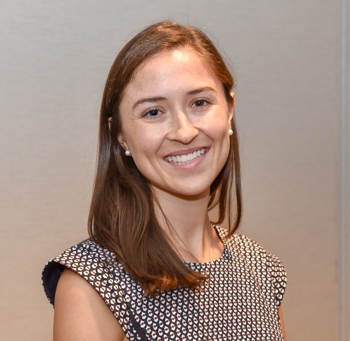 |
Carolyn Friedhoff, MBEMs. Friedhoff is a clinical research coordinator at Lifeline for Moms. Her educational background is in philosophy, cognitive science, and dance. She recently earned her Master of Bioethics degree from Harvard Medical School. Cross-cultural bioethics inform Ms. Friedhoff’s approach to research. She is motivated to improve the way that health care systems treat patients and families from marginalized communities. As a Nicaraguan American woman, she is particularly interested in improving the mental health of Latine individuals through stigma reduction and improved access to care. |
|
|
Robyn Leonard, BSMs. Leonard is an administrative assistant II supporting Dr. Nancy Byatt and Lifeline for Moms. During nearly two decades at UMass Chan Medical School, she has spent 7 years in the Department of Psychiatry. Ms. Leonard’s exceptional time management and organizational skills provide accurate and efficient administrative coordination and support. This contributes to the important research that Lifeline for Moms does to promote perinatal mental health. |
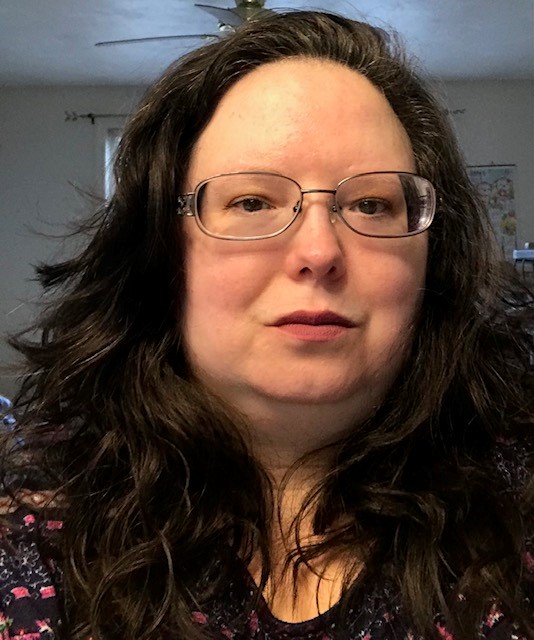 |
Dee Logan, BAMs. Logan is a project manager at Lifeline for Moms and the Implementation Science & Practice Advances Research Center (iSPARC) at UMass Chan Medical School. She supports Lifeline for Moms knowledge translation, dissemination, and community engagement activities. For the past 8 years, Ms. Logan has led iSPARC’s knowledge translation and dissemination activities, including:
Ms. Logan is also a co-director for iSPARC’s Stakeholder Engagement Program. She is committed to ensuring that research findings are available in a timely fashion to communities that need them in a format they easily understand |
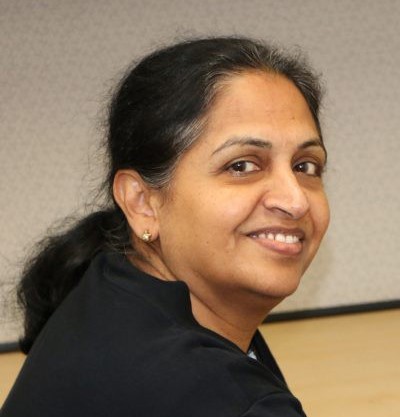 |
Padma Sankaran, MAMs. Sankaran is a research project director at Lifeline for Moms. Her current research projects include:
Her main interests are in:
|
Trainees
|
|
Esther Boama-Nyarko, BS, MPHMs. Boama-Nyarko is a PhD student at UMass Chan Medical School in the Clinical & Population Health Research doctoral program. Dr. Nancy Byatt mentors her. Ms. Boama-Nyarko earned her Master of Public Health from Boston University. Her research experience has mainly focused on:
Her research interests include perinatal mental health—specifically understanding the impact of structural racism on mental health and mortality outcomes in racialized perinatal individuals, like Black women. She is also interested in research that includes allostatic load and community-engaged research. |
|
|
Clevanne Julce, MPHMs. Julce is a PhD student in the Clinical & Population Health Research doctoral program. For more than 7 years, she worked as a project manager for the Preconception Care Team at Boston University Medical Center. There, Ms. Julce oversaw several federally-funded domestic and international grant research portfolios. Under Dr. Byatt’s direction, Ms. Julce’s primary research focus seeks to use a mixed-methods approach to investigate the intersection between:
|










